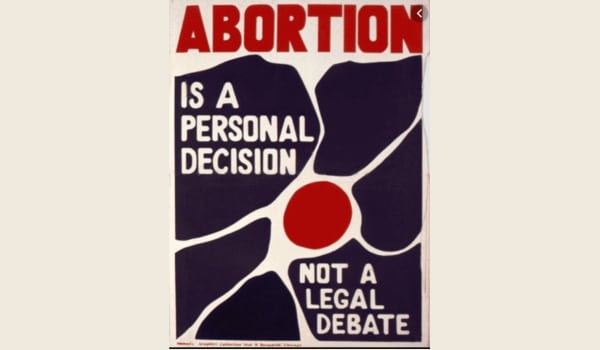
by Elizabeth Sepper, J.D.
New England Journal of Medicine, 31 July 2019 DOI: 10.1056/NEJMp1908839
For nearly 50 years, US federal law has permitted medical professionals and religious institutions to refuse, for religious and moral reasons, to provide abortions and sterilizations. In more recent decades, similar safeguards have been developed for medical professionals who do not wish to comply with patients’ advance directives or deliver physician aid in dying. Under existing statutes, recipients of federal funding – from hospitals and clinics to states and cities – may not discriminate against individuals or organizations that refuse to provide such care. But health care providers still bear legal and ethical duties to patients. They must provide information about treatment options. They may not abandon a patient without reasonable notice while that patient needs continuing medical attention. Providers also generally must comply with laws that prohibit discrimination – as is most relevant here – on the basis of sex, sexual orientation, religion, or gender identity. In emergency situations, physicians and hospital emergency departments must deliver even contested care.
Ethical guidelines of professional organizations, including the American Medical Association and the American College of Obstetricians and Gynecologists, reflect this compromise between conscience and care. They respect the consciences of clinicians by permitting objection except in emergencies. And they safeguard the welfare of patients by requiring information, referral, and non-discriminatory treatment. A new rule published in May 2019 by the Department of Health and Human Services (HHS) topples this delicate balance. If it goes into effect, patient health and professional practice are likely to suffer. Although it bears the title “Protecting Statutory Conscience Rights in Health Care,” the rule goes well beyond merely enforcing existing statutes. Instead, the rule creates a wide-ranging right to refuse to provide health care services. Any entity carrying out a program funded by HHS is barred from requiring anyone to “assist in the performance” of “any health service or research activity” that is contrary to that person’s religious beliefs or moral convictions. As this language makes clear, a wide range of health care lies in the crosshairs. Although abortion is the primary target, HHS mentions refusal to treat ectopic pregnancy, to comply with advance directives, and to provide cancer care that might result in infertility. Recent lawsuits attest to providers’ objections to contraception, gender dysphoria treatment, and non-discriminatory care of lesbian, gay, bisexual, and transgender patients – refusals that would also be protected under the new rule. But the rule extends more broadly still. “Assist in the performance” of abortion, sterilization, or other care… [continues]
INFOGRAPHIC: Green Left Weekly, 24 July 2010



